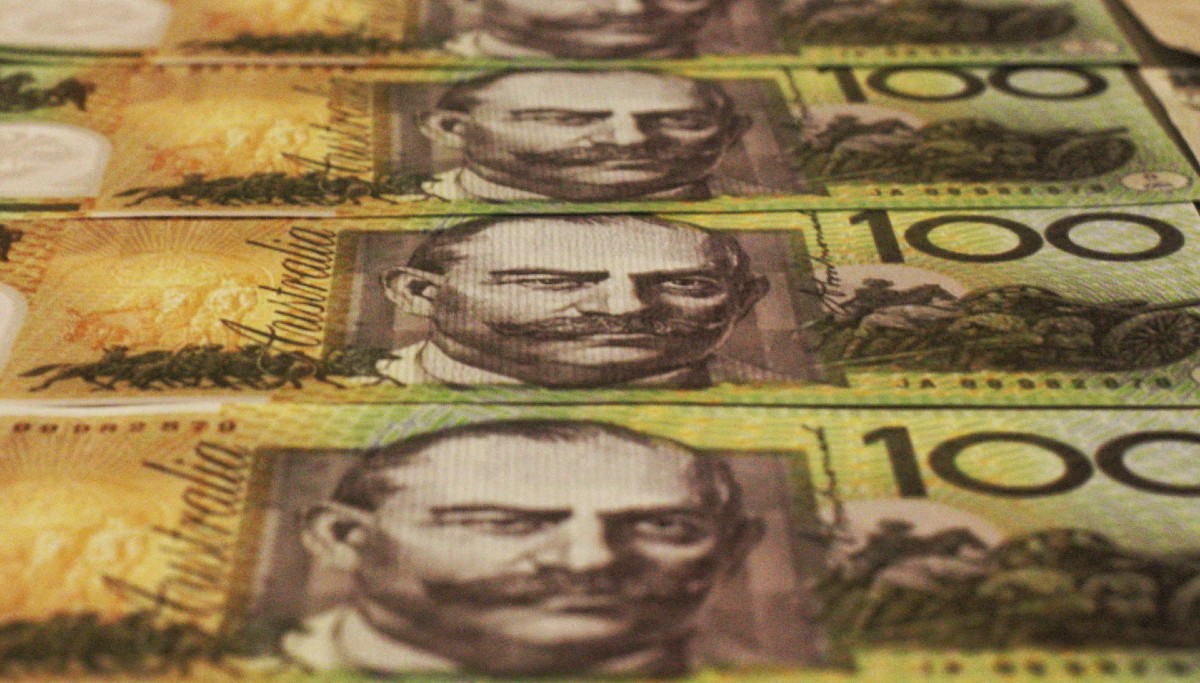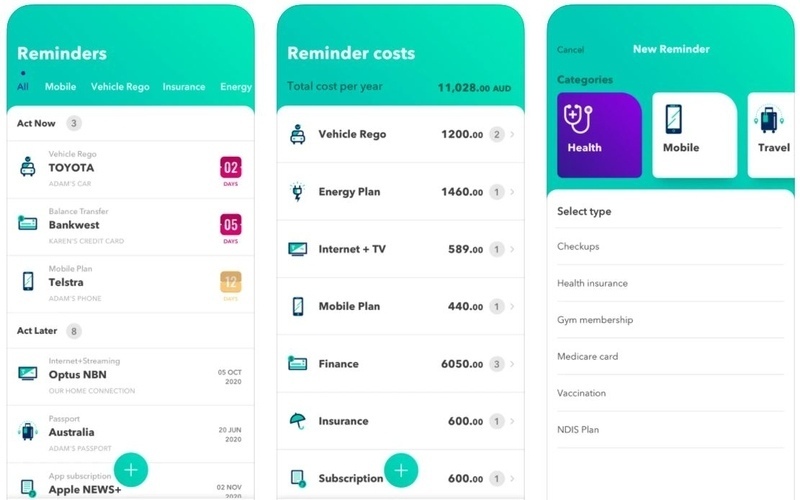The long-predicted February cash rate cut has been thrown into doubt, with economists and property experts split on whether the Reserve Bank will cut rates today.
Expectations turned against a cut after stronger than expected unemployment figures came as a shock to many economists, who had widely predicted the rate would rise to 5.3%.
Ahead of the Reserve Bank's meeting later today, we take a look at what several economists and property experts think of the chances for a rate cut.
"The Reserve Bank will 'hold' the cash rate"
Firmly planted in the 'hold' camp are all the economists from the big four banks.
Commonwealth Bank
CommSec Chief Economist Craig James said the job market is in better shape than generally assumed and expects no change to the cash rate in February.
"The hope is that the job market will continue to tighten, and this will serve to push up wages and prices," Mr James said.
"The Reserve Bank can stay on the sidelines for now. But clearly the level of interest rates is already super-stimulatory."
Having previously expected the next RBA rate cut to occur in February, the surprisingly positive employment data released last month led CommBank Group economists to push this forecast out to April.
ANZ
Head of Australian Economics David Plank tweeted that the bank had changed their prediction following the unemployment figures and no longer expects a rate cut in February.
We’ve changed our RBA call following the good news in the December employment report. RBA no longer expected to cut in February. https://t.co/XV6tyIsuLr
— David Plank (@DavidPlank12) January 23, 2020
Mr Plank said unusual influences on economic sentiment such as the bushfires and coronavirus are making it more difficult than usual to assess consumer spending.
"We think this difficulty will see the RBA opting to wait for more information before it considers a further reduction in the cash rate," he said.
Westpac
Westpac Chief Economist Bill Evans said the unemployment rate decrease wasn't unprecedented, but was still enough of a reason for the RBA to hold rates.
"Over the last five years there have been six occasions when the unemployment rate has fallen in back to back months by a total of 0.2% or more," Mr Evans said.
"However, it is sufficiently strong a signal for the Board, which has emphasised the labour market as a key policy driver, to opt for a deferment of the rate cut process pending further information."
Mr Evans added that 2020 would still see two cash rate cuts from the central bank, and that the second would introduce quantitative easing.
"Westpac now expects that the Reserve Bank will delay its next cut in the cash rate to April with the final cut to 0.25% occurring in August."
National Australia Bank (NAB)
Initially, NAB was all alone in their prediction that the RBA would cut interest rates in February, with Director of Economics Tapas Strickland admitting the unemployment numbers made a cut less likely, but that the RBA remained some way away from its goals.
"While no doubt the timing of rate cuts for H1 2020 is less certain given the solid jobs figures, the RBA still remains some distance away from full employment and we still expect the RBA to cut rates in February as it downgrades its growth outlook on soft consumer data, amid ongoing labour market spare capacity and little inflationary pressure," Mr Strickland said.
But NAB chief economist Alan Oster changed the banks' tune last week.
"The RBA will stay on hold in February, using the recent improvement in the unemployment rate to buy time - suggesting the bank will continue to react to the accumulation of evidence very gradually," Mr Oster said.
"Unless the RBA wishes to move against market expectations, the February rate cut appears off the table.
"Consequently, we have moved the timing of the next cut to April followed by a second cut around mid-year. Beyond that the risk of a move to ‘unconventional’ policy in H2 2020 will depend critically on whether the labour market deteriorates more significantly than we forecast."
"The Reserve Bank will cut interest rates"
A small group of economists still believe the Reserve Bank will cut rates today, according to a Bloomberg market economist survey.
Only three economists out of 25 looking for a February cut from the #RBA with a consensus call being an April move with a significant spread of expectations through the year #ausbiz pic.twitter.com/muuucjHKoC
— Alex Joiner (@IFM_Economist) January 31, 2020
Those in the 'cut' camp include the economists from ING Bank, Deutsche Bank and Morgans Financial.
Voters are against a rate cut
A focus group polling conducted by The Australian Financial Review last week found voters "did not believe a further cut would have a meaningful impact on the economy".
The research showed concern among retired voters about the record low interest rates and the prospect of them remaining that way for quite some time.
Those with mortgages, on the other hand, were unsurprisingly happy with the low rates.

Ready, Set, Buy!
Learn everything you need to know about buying property – from choosing the right property and home loan, to the purchasing process, tips to save money and more!
With bonus Q&A sheet and Crossword!



 Denise Raward
Denise Raward
 Harry O'Sullivan
Harry O'Sullivan

 William Jolly
William Jolly
 Jacob Cocciolone
Jacob Cocciolone

